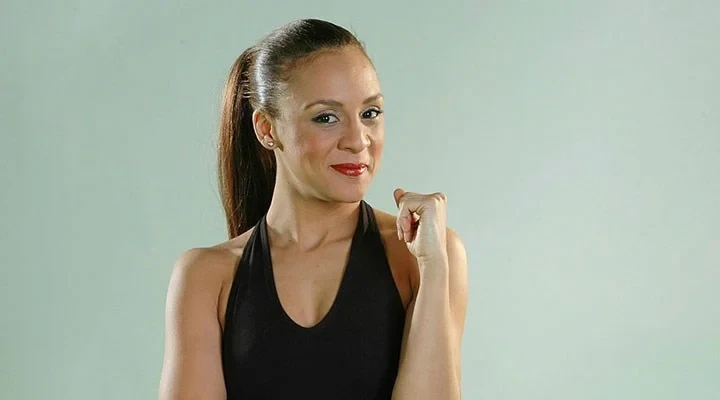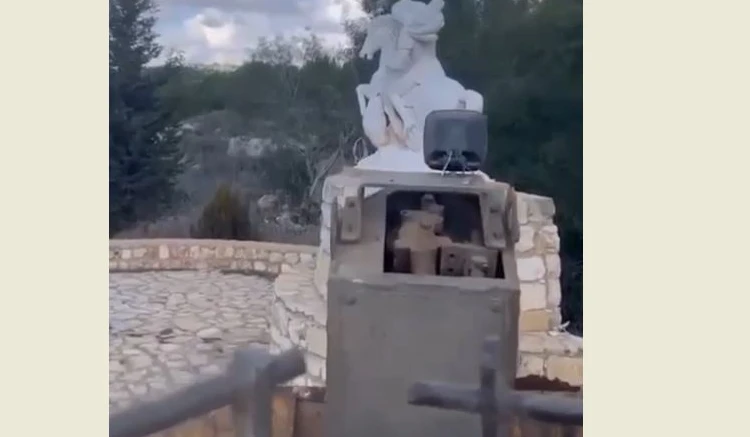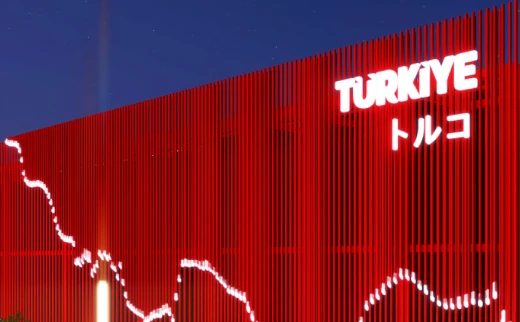History of Tatar and Karaim Turks is presented at Turkic Academy in Astana
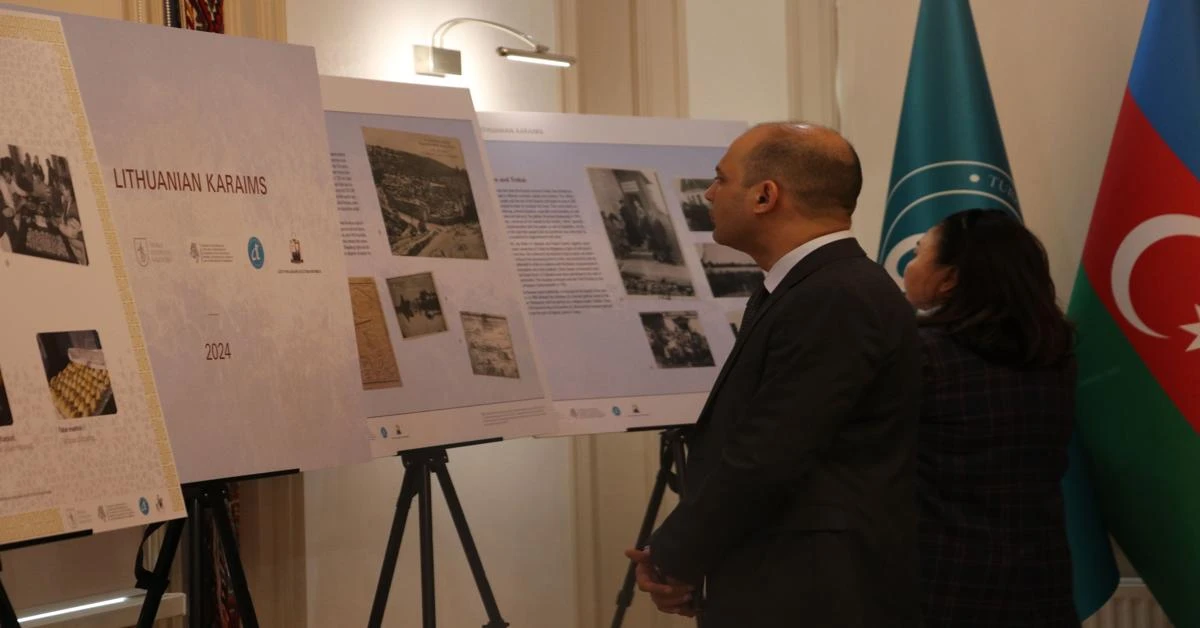
A photo exhibit at the Turkic Academy in Astana highlights the history and culture of Tatars and Karaim Turks in Lithuania, emphasizing their significant contributions to Lithuanian and Turkish history and culture, as well as their role in Eastern Europe
A photo exhibit on the history and culture of Tatars and Karaim Turks in Lithuania was held at the Turkic Academy headquartered in Astana, the capital of Kazakhstan.
The exhibition, organized in cooperation with the Lithuanian Embassy in Astana, was attended by President of the Turkic Academy Sahin Mustafayev, Lithuanian Ambassador to Astana Egidijus Navikas, as well as diplomats, scientists and representatives of the Tatar diaspora in Astana.
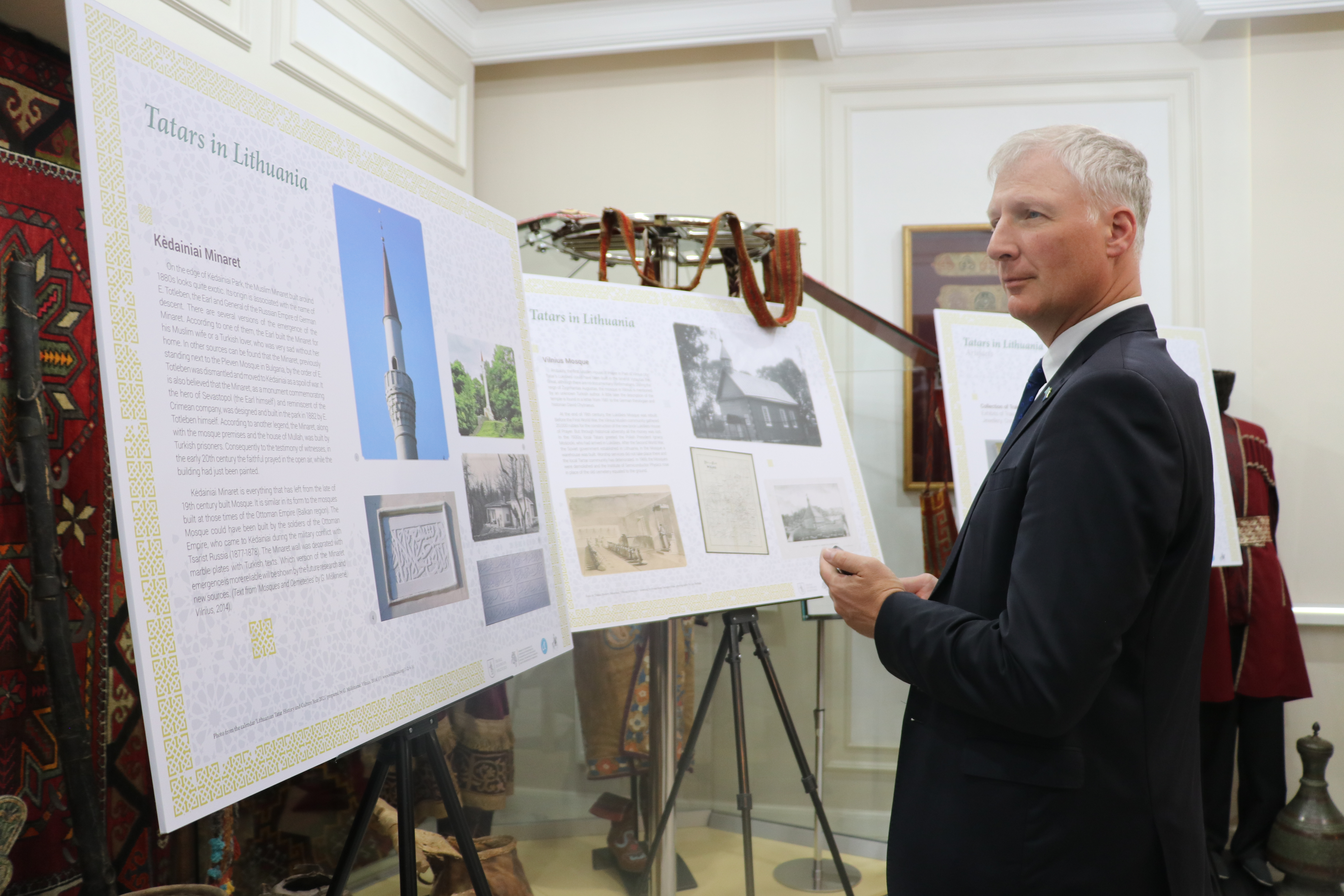
The exhibition featured photographs depicting the history, culture and lifestyle of Tatars and Karaim Turks in Lithuania.
Mustafayev told an Anadolu Agency correspondent, “Lithuanian Tatars migrated to this geography from the Crimean Khanate during the Golden Horde period and settled there. Therefore, they are called Lithuanian Tatars. These Tatars have played a very important role in the history of both Lithuania and Poland, and Eastern Europe in general. They played an especially important role in Lithuania’s culture and in the history of military warfare. Today, Tatars constitute a very important part of the Lithuanian community.”
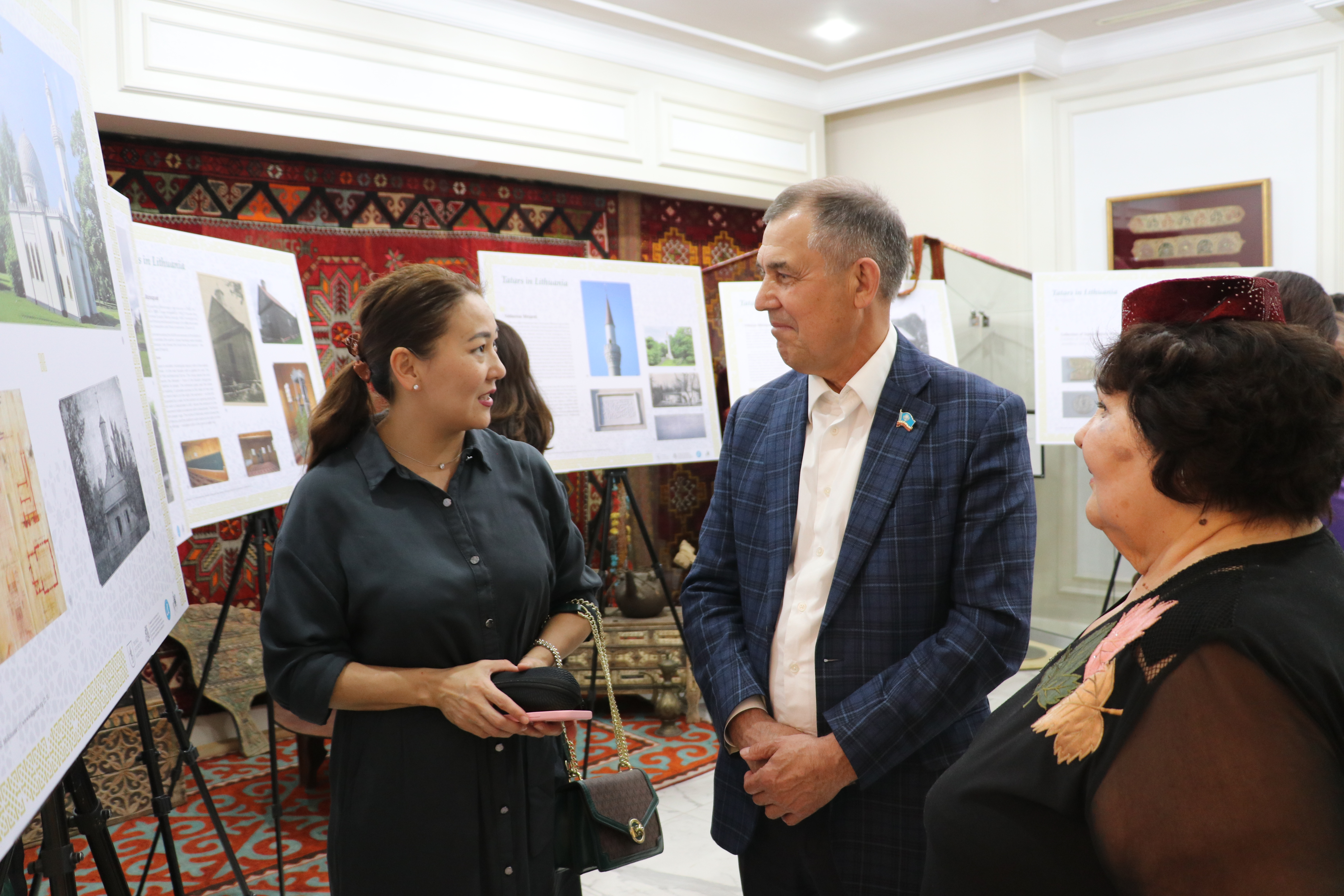
Noting that Karaims constitute another Turkish community living in Lithuania, Mustafayev said “According to some scholars, Karaims are the only community left from the Khazar Khaganate. They have also played a very important role in both Lithuanian and Turkish history. Especially among the Karaims, there are names who have made a great contribution to Turkology. Unfortunately, today the language of the Karaim is about to be lost.”
Mustafayev said that as the Turkic Academy, they care about small Turkic communities and added, “We hosted this exhibition to draw attention to both the culture and history of small Turkic communities in Eastern Europe.”
Source: Newsroom

